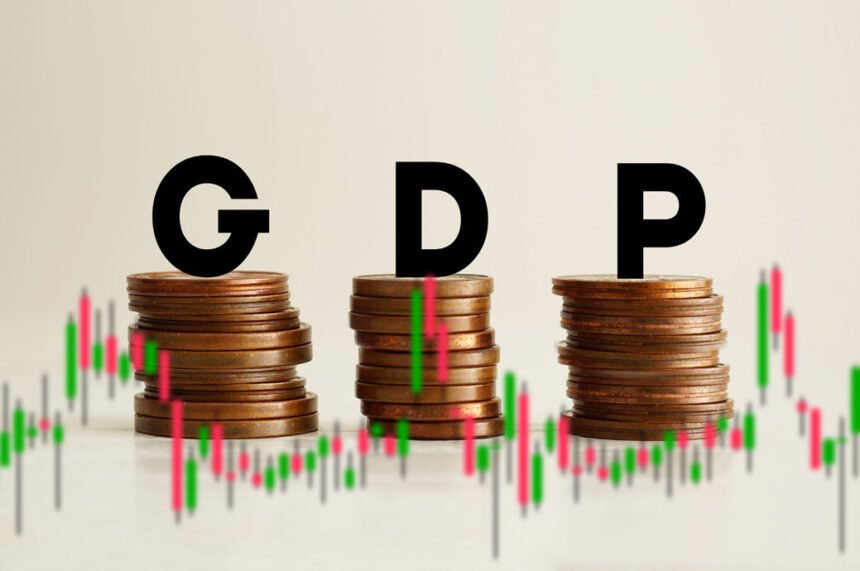The experts are confident that despite some challenges, the long-term growth pace will be maintained in both regions, leading to overall economic stabilisation.
Experts anticipate a weak short-term GDP growth for both Germany and the eurozone, while the outlook for 2025 is more optimistic, found a survey by a Mannheim-based institute and a German daily.
Despite challenges, the long-term growth pace will be maintained in both regions.
Projected inflation rates for 2025 remain at 2.2 per cent for both.
The quarterly growth figures for real GDP in Germany show a decline of 0.1 per cent in the third quarter of 2023 and of 0.3 per cent in the fourth quarter of 2023.
For this year, experts predict a 0.3 per cent increase in German GDP. The 2025 growth forecast holds steady at 1.2 per cent, markedly higher than the projection for 2024.
The outlook for capital investments in Germany is much more pessimistic, dropping from 1.7 per cent growth projected in the previous month to 1.1 per cent now. In contrast, import forecasts for 2025 show a slight uptick, rising by 0.2 percentage points to 2.9 per cent.
Quarterly growth in the eurozone registered a marginal decline of 0.1 per cent in the third quarter and a modest 0.1 per cent increase in the fourth quarter.
As already seen in February, expectations for the Eurozone for 2024 have fallen slightly again, with forecasts down by 0.1 percentage points to 0.6 per cent.
However, economic growth expectations for the zone for 2025 remain stable at 1.5 per cent. A comparison between Germany and the euro area reveals that Germany’s performance, both presently and in future prospects, lags behind the rest of the eurozone.
Inflation rates in Germany and the eurozone continue to decline and approach the European Central bank’s (ECB) 2-per cent inflation target.
In February, inflation rates stood at 2.5 per cent for Germany (down 0.6 percentage points from January) and 2.6 per cent for the eurozone (down 0.2 percentage points from January).
Looking at the entire year 2024, average inflation is expected to be 2.6 per cent for Germany and 2.4 per cent for the Eurozone, ZEW Mannheim said in a release.
In both cases, expectations are 0.1 percentage points lower than February’s figures.
Projected inflation rates for 2025 remain at 2.2 per cent for both Germany and the eurozone, consistent with the previous month’s figures.
Fibre2Fashion News Desk (DS)









